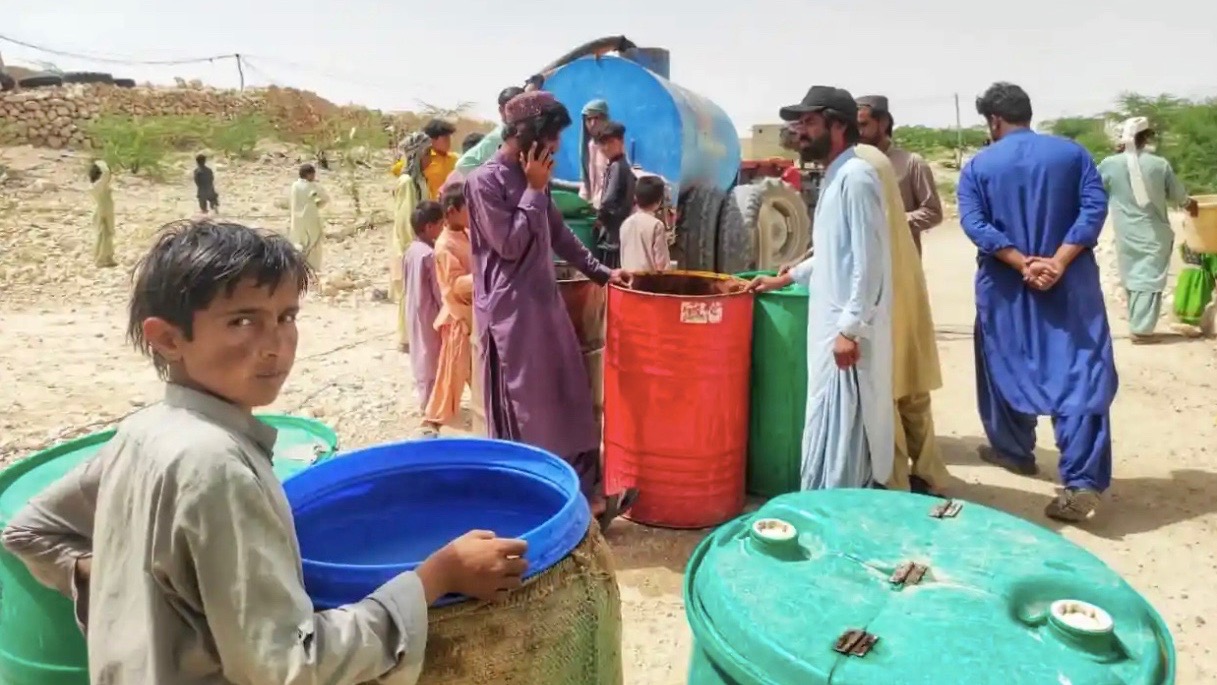The World Health Organization (WHO) has raised the alarm over a cholera outbreak in 16 districts of the Balochistan province in southwest Pakistan. At least 14 people, mostly children and women, have died in the past week due to the cholera outbreak in Khuzdar and Zhob districts, taking the total death toll to 41.
In the Zhob district, the WHO, estimates that at least 1,300 people have been infected over the past 10 days. Dr Noor-Ul-Haq, Zhob district hospital’s medical superintendent, said that over 200 patients were admitted to the district hospital. However, local activists fear that the total number of infected persons could be over 5,000.
The situation in Khuzdar is similar where seven people have died due to the disease. The Tribune quoted a local doctor saying that 100 patients had been admitted to the Khuzdar district hospital so far.
After the first case was reported from Pir Koh in Dera Bugti on April 17, the waterborne disease spread to Gunj, Sheikhan Muhala and Kharotabad in Quetta. Dirty water and poor sanitation coupled with the intense heat wave are among the main causes of the outbreak. Cholera causes rapid dehydration through diarrhea and vomiting, especially among children.
ڈیرہ بگٹی میں پانی کے زخائر مکمل طور پر خشک ہوچکے ہیں۰ اس وقت تحصیل پیر کوہ میں ایک سنگین انسانی بحران پیدا ہوگیا ہے۰ وہاں کئی لوگ ہیضے سے وفات پا چکے ہیں اور میتوں کو غسل دینے کیلیے پانی نہیں ہے۰ #DeraBugti pic.twitter.com/pGBcd7ya6t
— Kiyya Baloch (@KiyyaBaloch) May 14, 2022
This year’s heat wave saw temperatures crossing 50 degrees Celsius in places like Jacobabad in Sindh. Extreme climate events were recorded in March and April. The extreme hot and dry weather also affected the cultivation of crops. The monsoon rains further had a devastating effect on the poor and lower middle class.
The WHO has expressed fear about the risk of potential international spread given that Pakistan has long land borders with significant cross-border movement, and multiple major urban hubs like Karachi in the Sindh province.
In South Asia, the disease has caused significant morbidity and mortality, with 1.9 million confirmed cases originating in Bangladesh and 1.5 million in Pakistan.





